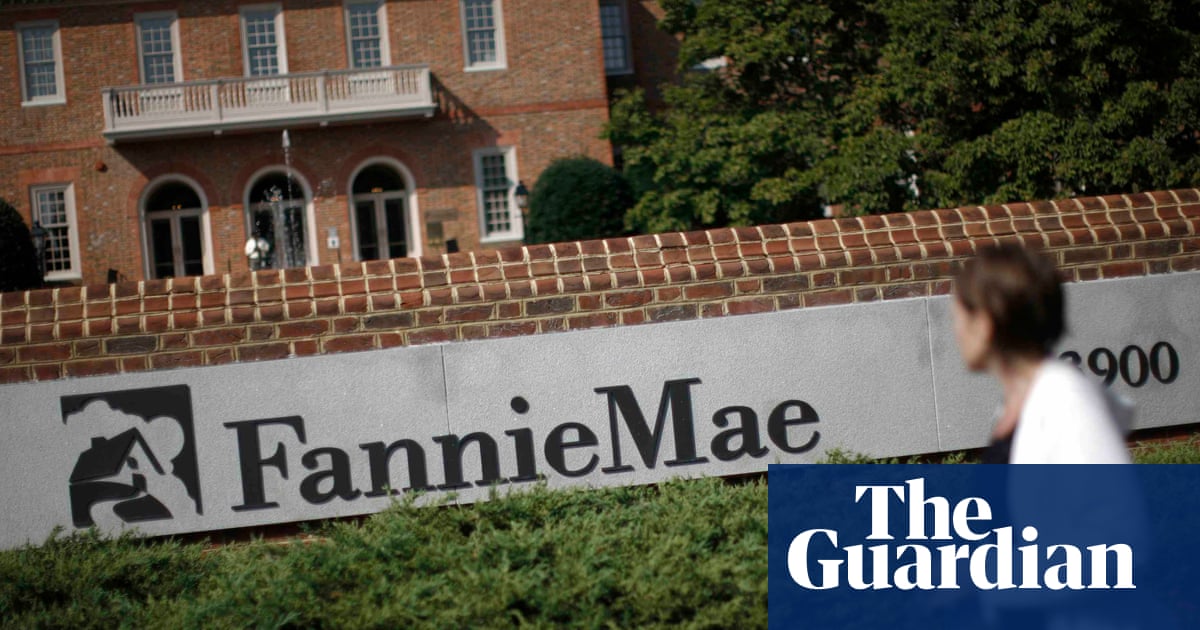The article highlights Donald Trump's consideration of taking Fannie Mae and Freddie Mac public, which could have significant implications for the U.S. housing market and economy. This announcement is particularly relevant given the companies' roles in supporting a large portion of U.S. mortgages and their previous history of government conservatorship.
Potential Objectives of the Announcement
Trump's statement appears strategically timed, potentially aimed at instilling confidence in the financial markets. By suggesting that Fannie Mae and Freddie Mac are performing well, he may be attempting to project a positive image of the economy and housing market ahead of upcoming elections. This could also serve to rally support from stakeholders in the housing finance sector, emphasizing a return to market-driven solutions.
Public Perception and Intended Message
The message conveyed through this announcement could be interpreted as reassurance to both investors and the general public. By framing the potential public offering as a timely and beneficial move, Trump seeks to create a narrative of economic recovery and stability. This aligns with broader efforts to maintain a favorable image among his supporters, particularly those involved in real estate and finance.
Information Omission and Hidden Agendas
While the announcement is framed positively, it may overlook the complexities and potential risks associated with privatizing these institutions. The history of Fannie Mae and Freddie Mac suggests that their return to public markets could lead to increased volatility in mortgage rates and housing affordability. The mention of consulting with key financial officials hints at a more nuanced discussion that is not fully addressed in the public statement.
Manipulative Elements in the Reporting
The article's language and framing suggest a level of manipulation, as it emphasizes the positive aspects of the proposed public offering while downplaying possible economic repercussions. The use of phrases like "doing very well" and "the time would seem to be right" creates an optimistic narrative, which may not fully reflect the complexities involved in the decision-making process.
Credibility of the Information
The report appears credible, referencing statements from Trump and other officials, alongside historical context about the companies involved. However, the selective focus on positive outcomes raises questions about the completeness of the information presented.
Societal Implications of the Announcement
If Fannie Mae and Freddie Mac were to go public, this move could impact mortgage rates and housing availability, potentially leading to broader economic consequences. The announcement might appeal more to conservative and pro-business communities that prioritize market solutions over government intervention.
Market Reactions and Stock Implications
This news could lead to fluctuations in the stock market, particularly affecting shares related to housing finance, mortgage-backed securities, and real estate. Investors may react positively to the prospect of privatization, influencing market dynamics in the short term.
Global Power Dynamics and Relevance
The implications of this announcement extend beyond the U.S.; they could influence global financial markets, particularly as housing stability is a crucial aspect of economic health. Although the announcement is domestically focused, its effects could resonate internationally, especially in markets with similar structures.
Artificial Intelligence Influence
There is no clear indication that AI was used in crafting this specific news report. However, AI models could potentially be employed for data analysis, sentiment analysis, or even drafting initial versions of financial news. The straightforward presentation suggests a human touch in editorial decisions, though AI could assist in analyzing the broader implications of such announcements.
In conclusion, while the announcement about Fannie Mae and Freddie Mac has a degree of authenticity, it is crucial to consider the broader implications and potential risks associated with such a significant shift in housing finance policy. The framing of the message could lead to public misperceptions about the stability and future of the housing market.
